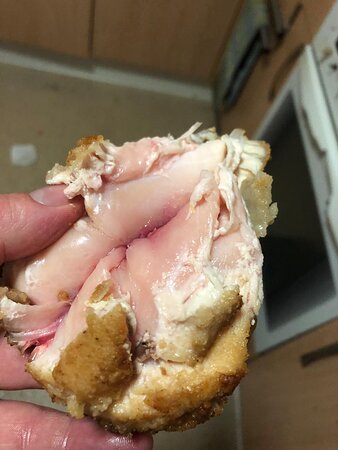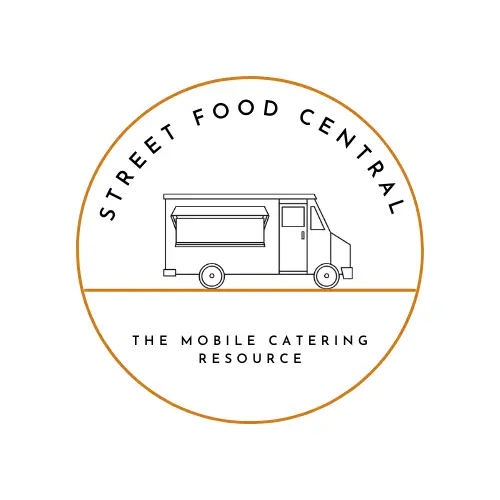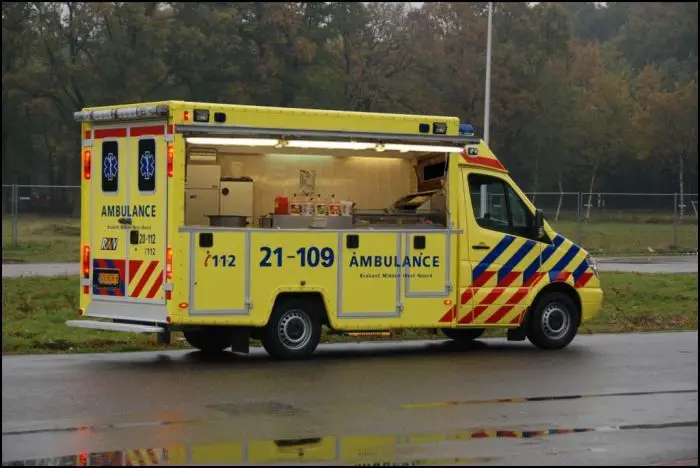Let’s face it, street food can sometimes pose a risk of foodborne illness due to a variety of factors which is particularly prevalent when traveling abroad where hygeine and safety standards may not be the same as they are at home. Some of these issues include improper food handling and storage, cross-contamination, unhygienic food preparation, and inadequate cooking temperatures.
These issues can arise when street food vendors lack access to proper refrigeration or food storage facilities, do not follow proper cleaning and sanitizing procedures, prepare food in unsanitary conditions, or do not cook food to the appropriate temperature. While not all street food poses a risk of foodborne illness, it is important to exercise caution and follow safe food handling practices when consuming street food to minimize the risk of illness.
Because of this, it’s important to stay safe when eating street food and to try your best to avoid food poisoning. Here is one key tip to avoid getting ill when eating street food:
How to avoid food poisoning when eating street food
In short, it is advisable to follow certain precautions. One effective strategy is to visit food stalls located in close proximity to hospitals or government buildings. These areas tend to attract a high volume of workers, who are likely to have high standards for food safety and hygiene. As a result, vendors in these locations are often held to a higher standard of cleanliness.
This tip was shared first shared by an experienced nurse in Mexico, who emphasized the importance of choosing food stalls that prioritize sanitation to avoid potential illness. By following this advice, individuals can enjoy the diverse and flavorful offerings of street food while minimizing the risk of foodborne illness.

Other methods to avoid sickness when eating street food
- Observe the vendor’s hygiene practices, including handwashing and food handling techniques. Similarly, sanitize your own hands before eating
- Look for food that is cooked to order and served hot, as this can help to kill any harmful bacteria.
- Avoid raw or undercooked foods, as these are more likely to contain harmful pathogens.
- Choose foods that are peeled or thoroughly washed, as this can reduce the risk of contamination.
- Be cautious when consuming seafood or meat, as these foods are more likely to harbor harmful bacteria if not handled and cooked properly.

